February 5th, 2021
Crop Planning
This is the process whereby farms look at successes and failures, analyze experiments, reflect on operations, browse seed catalogues like fine literature, and primarily calculate and plan for the coming season. Farms crop plan on their own, but also in coordination with their wholesale outlets, like FEED Sonoma. As we move into our first year as a cooperatively owned farmer's exchange we are developing this process. And because we're a cooperative, we want to exchange more than just earthly delights, but ideas too! We'd like to take a moment to do some preliminary listening to our markets - our wholesale buyers like restaurants and grocery outlets, and also YOU!
Can you believe our FEED Bin program isn't even a year old!? We have so much time and space for collaboration and growth together. If you have a moment, please send us feedback for us that we can incorporate into our crop planning discussions. What would you like to see in your FEED Bin this coming year? Email us here.
We appreciate your input and your continued support of your local farmer cooperative that is FEED Sonoma.
From our Producers :: Field Notes
Salmon Creek Ranch
New to our online storefront this week - certified organic Duck eggs from Salmon Creek Ranch! Duck eggs are creamier and have more nutrients and vitamins than chicken eggs. They have a slightly thicker shell and longer shelf life. They have 9 grams of protein (compared to 6 grams in a hen's egg), twice the amount of iron, vitamin A and vitamin B-6, five times the amount of vitamin B-12, more calcium, magnesium, thiamin and niacin than chicken eggs. They are alkaline, while chicken eggs are acidic. Because the composition of duck eggs differs so much from chicken eggs, many people who are allergic to chicken eggs are able to eat duck eggs without problem. Duck eggs can be used just like chicken eggs and are delicious fried, poached, scrambled or in omelettes. Because of the higher protein levels, duck eggs give more loft to baked goods and they are especially good in recipes where the yolk is important - sauces, custards, etc. Yum!
Nestled in the hills near Bodega, Salmon Creek Ranch is almost 400 acres of rolling hills, natural pasture, steeper ravines, redwood groves and forest with over a mile and a half of Salmon Creek, a designated riparian habitat on the north end. Since John and Lesley's acquisition of the property in 2007, they have obtained organic certification and began raising Scottish Highland and Angus cattle for 100% grass-fed/grass finished beef, Kiko goats for meat and breeding stock, as well as producing certified organic duck eggs and other farm-related products. They are deeply concerned about environmentally destructive practices in modern agribusiness and hope to do their bit to counteract this by producing food in an animal and habitat friendly manner. They also are concerned about the disconnect in our society between field and table. The Salmon Creek Ranch team hopes, by providing an accessible work in progress, to help bridge some of these gaps between producers, land owners, conservationists and urban consumers.
'Tis the Season for Seeding
Winter operations on the farm, (from top left clockwise) featuring County Line Harvest experimenting with some winter basil starts in their covered beds, Pink Barn Farm with an elaborate seed spread preparing for the season ahead, the team at Paul's Produce seeding spring mix for our FEED Bins come March, and Andy of Confluence Farm trying to concentrate on strategizing and planning for the upcoming year while keeping their baby entertained. This time of year looks different for every farm, but largely consists of reflection, strategizing, planning, analyzing, purchasing large amounts of seeds, starting seeds, taking risks, and biting fingernails.



